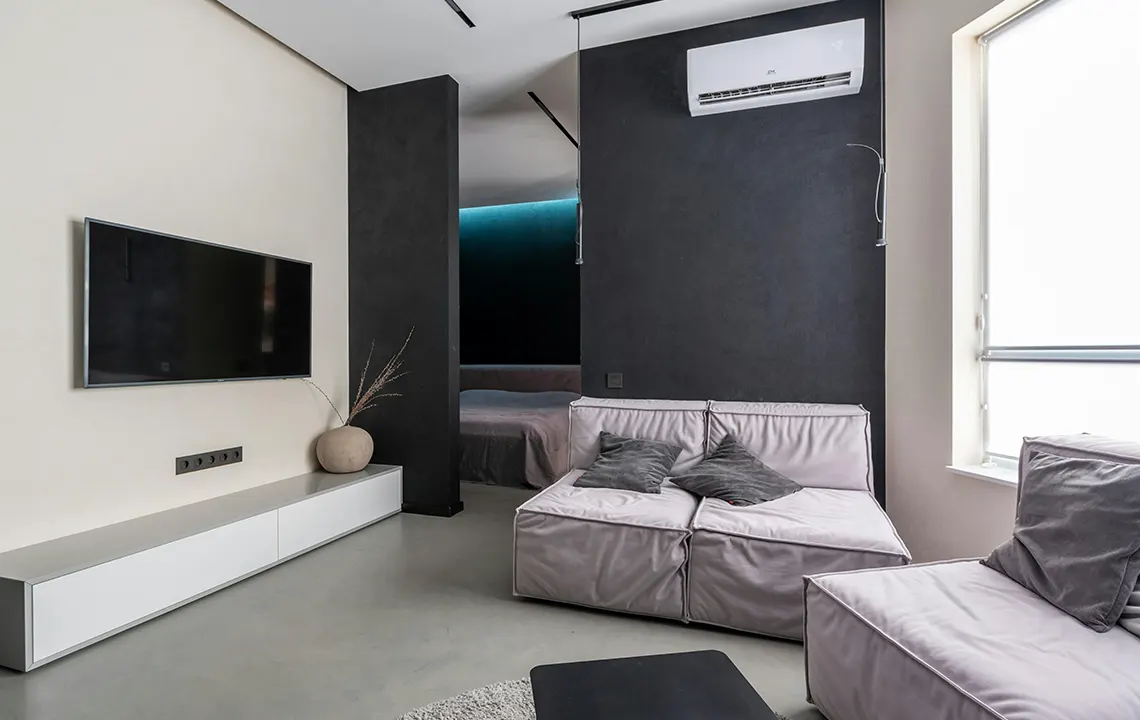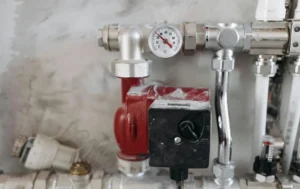When choosing an HVAC system in California, it’s crucial to consider the state’s diverse climate zones—from the dry deserts of Palm Springs to the coastal humidity of San Francisco. Installing the right system not only ensures comfort but also maximizes energy efficiency and minimizes long-term costs.
Understand Your Local Climate
California is home to microclimates. In Southern California, summers are hot and dry, requiring strong air conditioning performance. Northern California homes may need a system that handles both heating and cooling efficiently. For coastal areas, humidity control is essential.
Size Matters
An oversized or undersized system will fail to regulate temperature properly and can increase energy bills. Work with a licensed HVAC contractor to perform a Manual J load calculation. This determines the proper system size based on square footage, insulation, window quality, and more.
Consider Energy Efficiency Ratings
In California, energy efficiency is more than a preference—it’s often a requirement. Look for HVAC units with high SEER (Seasonal Energy Efficiency Ratio) and ENERGY STAR® certifications. These systems qualify for local rebates and reduce your carbon footprint.
Ductless vs. Central Systems
If your home lacks ductwork, ductless mini-split systems may be more cost-effective. They’re great for zoning and can significantly cut down on energy usage in smaller or older homes.
Smart Thermostats and Zoning
Upgrade your comfort by pairing your system with smart thermostats. Zoning technology allows you to heat or cool specific areas of your home, reducing waste and saving money.
Work with Local Experts
A local HVAC contractor familiar with California building codes and rebates can help you make the best investment. Ask about Title 24 compliance and rebate programs like those offered by the California Energy Commission.
Conclusion
Choosing the right HVAC system in California involves more than picking a brand. It requires thoughtful consideration of climate, home size, energy efficiency, and local regulations. Partnering with a qualified HVAC technician will help ensure year-round comfort and long-term savings.



